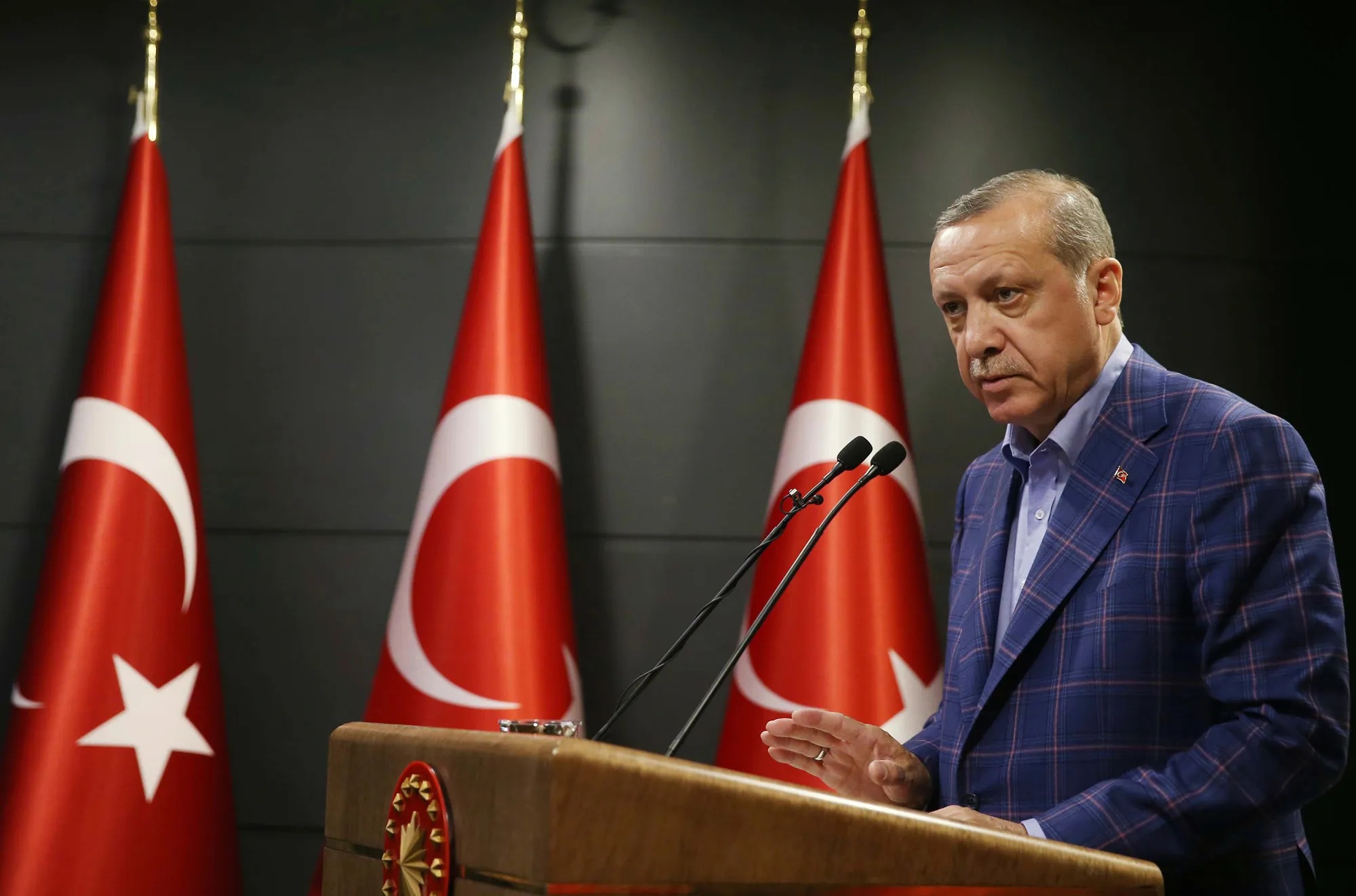Turkish President Recep Tayyip Erdogan on Saturday, June 21, 2025, strongly criticized Israel’s recent military actions against Iran, alleging that the timing of the strikes, just before renewed nuclear negotiations with the United States, was a deliberate attempt to derail diplomacy.
Addressing foreign ministers at the Organization of Islamic Cooperation (OIC) summit in Istanbul on Saturday, Erdogan claimed that Israel’s actions demonstrate a clear disinterest in peaceful solutions and a preference for escalating regional instability.
“Israel is not seeking a diplomatic resolution,” Erdogan said.
He urged countries with influence over the Israeli government to reject what he called “poisonous rhetoric” and instead work toward a peaceful settlement.
“We must not allow this conflict to spread further across the region,” he added.
Erdogan also called on Muslim-majority nations to intensify efforts to hold Israel accountable under international law and United Nations resolutions.
He emphasized that punitive actions against Israel were not only justified but necessary to prevent further bloodshed and restore international order.
His remarks come as the conflict between Israel and Iran entered a dangerous new phase.
Israel-Iran Conflict Enters Second Week
On Friday, June 20, 2025, Israel and Iran exchanged fresh rounds of missile and drone strikes, marking the second week of open hostilities.
The fighting has already resulted in significant casualties on both sides and heightened fears of a broader Middle East war.
The conflict has also drawn the attention of major global powers, with efforts underway to prevent further escalation.
In Geneva, senior European diplomats held emergency talks with Iranian Foreign Minister Abbas Araghchi in a bid to revive the nuclear negotiations and reduce tensions.
Despite four hours of discussion, no immediate breakthrough was reported.
Iran reiterated that it is open to diplomacy, but only once Israel halts its military aggression.
U.S. Response: Strategic Patience or Imminent Action?
President Donald Trump, now back in office, has found himself at the center of a delicate geopolitical crisis.
Israel has urged the United States to join its military campaign against Iran.
On the other hand, Trump stated that he would delay any decision for up to two weeks, citing a desire to allow diplomacy a chance to succeed.
A potential U.S. involvement would likely target Iran’s deeply buried Fordo uranium enrichment facility.
The facility is an installation believed to be immune to conventional attacks and only vulnerable to America’s powerful bunker-busting bombs.
The decision to strike such a facility would represent a significant escalation and could ignite a broader regional war involving multiple state and non-state actors.
Trump’s delay reflects a complex balancing act. On one hand, Washington seeks to support Israel, a longstanding ally. On the other, it faces pressure from Europe and some Middle Eastern partners to prioritize de-escalation and prevent the conflict from spiraling into an uncontrollable confrontation.
Netanyahu Vows to Press On
Despite mounting international calls for restraint, Israeli Prime Minister Benjamin Netanyahu remained defiant.
He announced that Israel’s operations inside Iran would continue “for as long as it takes” to neutralize what he described as an existential threat posed by Iran’s nuclear ambitions and growing arsenal of ballistic missiles.
“We will not wait for another Holocaust,” Netanyahu said in a televised address. “Iran must be stopped now, not later.”
His comments have fueled fears that Israel’s objectives may go beyond neutralizing immediate threats and could aim to dismantle Iran’s nuclear infrastructure entirely—possibly through prolonged military action.
Calls for Unity and Peace
Back in Istanbul, Erdogan warned that unchecked aggression threatens to engulf the entire Middle East and urged Muslim nations to unite behind a common diplomatic front.
“We must stand together, not in silence but with firm commitment to justice and peace,” he declared.
As tensions remain high, the path forward is uncertain.
The coming days will test the willingness of world leaders to put diplomacy ahead of war, and whether pressure from regional players like Turkey can help de-escalate a rapidly deteriorating situation.
The stakes could not be higher—for regional stability, global security, and the countless civilians caught in the crossfire.







